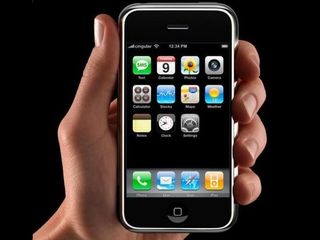US musicians' group claims mobile ringtones are 'performances'
EFF says 'nonsensical'

The American Society of Composers, Authors and Publishers is claiming that mobile phone ringtones should be considered as "public performances" of music under the Copyright Act and thus need to have a license.
The Electronic Frontier Foundation in association with US mobile providers AT&T, Verizon and others have told a US federal court that the idea is nonsensical.
Outlandish claims
"It isn't often that you find AT&T and the Electronic Frontier Foundation in agreement, but consensus has been reached on one matter," notes Ars Technica. "ASCAP's demand that wireless companies pay it license fees for ringtones is, well, ridiculous."
The EFF has branded the ASCAP's claims as nothing less than "outlandish" and "a ploy to squeeze more money out of the mobile phone companies."
As far as the ASCAP is concerned, the organisation states: "With respect to ringtones, ASCAP seeks to license the wireless carriers' transmissions of your music. ASCAP is not seeking to charge consumers… In fact, ASCAP has been licensing wireless carriers and ringtone content providers since 2001. Now, the carriers want to avoid that payment."
Ringtones as performance?
Get daily insight, inspiration and deals in your inbox
Get the hottest deals available in your inbox plus news, reviews, opinion, analysis and more from the TechRadar team.
While the ASCAP filing states that "when a ringtone plays to signal an incoming call, it is obviously a performance," the EFF and its partner's filing notes that a consumer does not engage in a public performance when she:
• Rolls down the window of her car while the stereo is playing
• Sings "Happy Birthday" at a private gathering in a public park
• Hums a tune while walking on a public sidewalk
• Listens to music on the radio while sitting on the beach
"ASCAP has attempted to mollify consumers with press statements that its members would never pursue individuals for these everyday activities," according to the EFF.
Via Ars Technica

